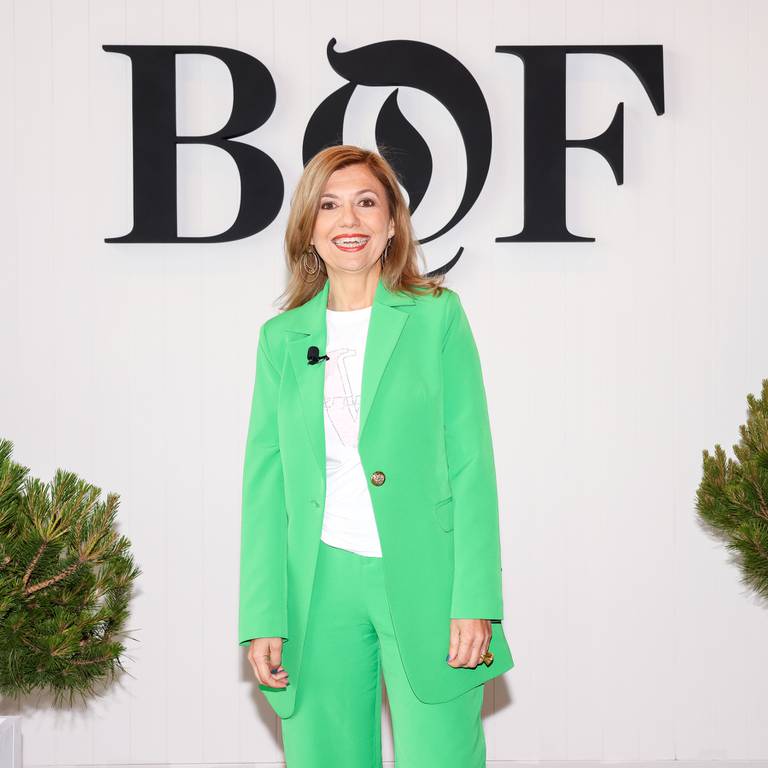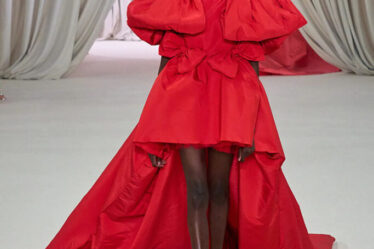
The beauty market is expected to continue demonstrating the resiliency it has cemented in recent years, showing that it can withstand, even thrive profitably and grow, amid economic turbulence, while other consumer sectors struggle. Indeed, the beauty industry is in the midst of a new era of expansion, with global retail sales expected to record a compound annual growth rate of 6 percent between 2022 and 2027.
Skin care, fragrance, colour cosmetics and hair care are all expected to grow globally between 2022 and 2027. Today, the outlook for the beauty industry is rosier than ever, with global retail sales expected to reach an estimated $580 billion by 2027, according to BoF and McKinsey & Company’s recent report, The State of Fashion: Beauty.
However, for beauty brands and retailers, being part of this growth will require rapid adaptation to a shifting, intensely competitive market. Brands that have successfully broken through barriers to growth show how the rulebook for scaling can be rewritten, with a focus on building out international footprints and channels and smart funding considerations.
Unilever Prestige is one such company with an impressive growth trajectory, acquiring new best-in-category brands and increasing revenue by $500 million in 2021, as stated in Unilever’s annual reporting. Now, the company plans to scale Unilever Prestige to a €3 billion business through existing brand growth, best-in-category acquisitions and investing in innovation.
BoF sat down with CEO Vasiliki Petrou to discover what she believes will be critical to unlocking growth in the beauty industry in the near term, and to understand what it takes to drive growth in this turbulent economic landscape and what should businesses be focused on.
What do you believe will unlock growth for beauty brands in the near to mid-term?
I’m obsessed by three things as I think about the future. The first is new media and staying ahead of the game. You cannot get complacent. For example, there was a point where I thought we had our secret sauce and it was working well: Google search, Facebook, YouTube and Instagram — and then TikTok came. The whole rulebook changed overnight.
It can sometimes be difficult to get teams and people to work with that rate of development. Some of my CEOs responded boldly and even blocked the use of some media channels to force the change, so that people would have to go after the new channels. Otherwise, it can be tempting to sit in the comfort zone. This is going to be a continuous, evolving scene, whether it’s Twitch and gaming or new platforms that we don’t even know about yet. It is important to stay very close and alert to the new opportunities because those places are influencing consumer choice. That forced change is hard but it’s necessary.
Number two is content. Many people believe the power of content in the future will be quick and scrappy, but I actually believe we are going to see more heavy hi-fi content in the next wave. We are currently living in an industry dealing with the equivalent of click-bait news, too much quantity of content versus quality of the content. I think content will elevate through education – going deep into the ingredients, the formulation, the science — the real deal in brand storytelling. I truly believe that’s coming in the next wave.
The third one: experiences. I think experience is going to be, in the future, what product innovation has been more recently. People want more and more immersive experiences, whether it is in the physical world, like receiving a service, or in the digital space, virtual reality, or the ChatGPT world. I think that the whole experience element of our industry is going to explode.
You describe Unilever Prestige as a tech beauty company. What does that mean?
From early on, I was obsessed with the fact that we have to be a technology beauty company — and in that order. Technology is such a force of the future. But I think about technology as a means to an end versus the end itself. I don’t think about technology for technology’s sake. I’m thinking of how we can serve it — addressing or solving a specific product benefit or a specific consumer need.
Dermalogica have access through ChatGPT to educate and upskill their therapists globally — both on product innovation but also the protocols of the service.
Recently, one of our brands – Dermalogica – experimented with ChatGPT and how that can serve and enhance their professional skin care therapist community. It’s new to the world because they are operating within the Dermalogica playbook, and they have access through ChatGPT to educate and upskill their therapists globally — both on product innovation but also the protocols of the service. It’s quite dynamic.
Another example is [Japanese beauty brand] Tatcha — I’m very proud of what they have done in this space. Through a digital immersive experience, my dream was always, if people cannot go to Japan, how can we bring Japan to the people? These immersive digital experiences have had truly measurable healing benefits to the consumer, whether it is virtual forest bathing or immersing through the power and heritage of the products.
How do you help brands identify the tools they need to leverage opportunities?
Unilever is a source of wealth, especially when it comes to research and development. There is a beautiful archive and future-fit R&D capabilities that all of the brands can tap into, if they choose to. But it is important that we only bring value that is advantageous versus everything that there is. We take a curated approach to what is needed to add to that brand.
Then, there is sustainability. We have been lucky that Unilever has pioneered in sustainability and essentially created an industry code of what is important in order to preserve our world, and that gives us a competitive advantage to get to the future faster. As an example, three years ago, I was talking to contract manufacturers and packaging suppliers, and terms like PCR was like a foreign language. But how we have been able to shift the industry to the future faster is something I’m proud of on behalf of Unilever.
For smaller companies, they can find the interaction with a large corporation overwhelming. So, curating what is needed is key.
How are you approaching shifting consumer sentiment towards purpose-driven brands?
Positive social impact will continue to be an important part of our business model — it’s what has helped us stand out in the industry because, even now, it is still rare to see truly authentic purpose-driven brands.
Our business model is based on a brand-centric approach versus more of a synergistic commercial approach because I don’t think that’s a good long-term strategy.
Typically, some brands like ticking boxes, but for us, it is part of who we are, and that’s difficult to do. You have to believe it and then you have to make it part of the DNA of the brands, the business model — everything. Our business model is based on a brand-centric approach versus more of a synergistic commercial approach because I don’t think that’s a good long-term strategy.
What does the future hold?
The priorities are always there, but we have only just started from my perspective. In the US, in 2022, in the skin care premium market, we grew double the market growth rate. We are substantially present in the UK market and growing. We have launched a successful business in China — there is a big business to build there. So, I believe we have billions of lives to impact and I can’t wait for more people to experience the brands and their values.
This interview has been edited and condensed for clarity.
This is a sponsored feature paid for by Unilever Prestige as part of a BoF partnership.



